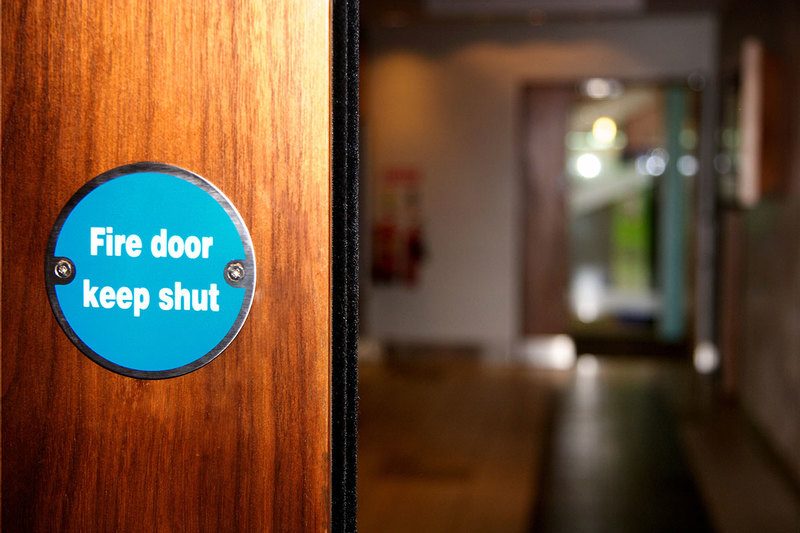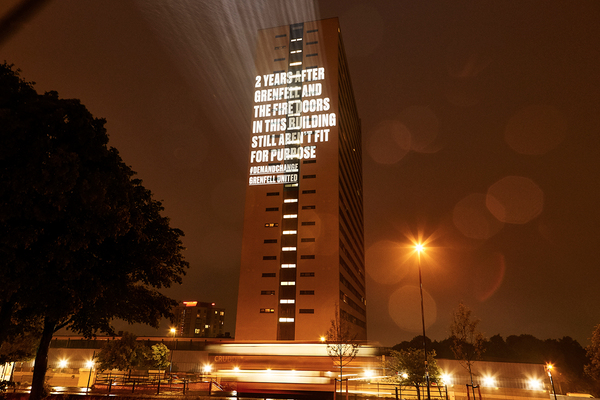You are viewing 1 of your 1 free articles
Government will legislate for three-monthly fire door checks
The government’s upcoming fire safety bill will include a requirement for fire doors in all blocks of flats to be checked every three months, Inside Housing understands.
The Ministry of Housing, Communities and Local Government (MHCLG) is understood to be asking building owners whether quarterly fire door inspections are feasible, with the aim of making it part of their wide-ranging fire safety reforms.
Sir Martin Moore-Bick recommended in his Grenfell Tower Inquiry phase one report that building owners or managers of every residential building containing separate dwellings should “be required by law to carry out checks at not less than three-monthly intervals to ensure that all fire doors are fitted with effective self-closing devices in working order”.
However, in its response to the report, the government merely stated that it had recommended “that all fire doors, including their closers, should be routinely checked or inspected” – leading to speculation that ministers were moving away from compulsory three-monthly checks.
Updated government fire safety advice published last month also said fire doors should be “routinely maintained”.
Housing secretary Robert Jenrick has promised that a fire safety bill implementing recommendations from Sir Martin’s report will come forward “very swiftly”.
A government source said the bill will implement all the inquiry’s recommendations, including the three-monthly fire door checks.
There is currently no specific legal requirement to check fire doors at certain intervals, but various legislation requires them to be maintained.
Kevin Underwood, technical director of the British Woodworking Federation, said: “Quarterly checks might be suitable for domestic fire doors, but not adequate for high-risk, high-usage doors.
“For instance, doors in corridors in busy areas may be more or less constantly in use, meaning that the risk of damage is high.
“There are also fire doors where their contribution to a building’s fire safety is very important, which means they should be inspected even more frequently. Fire door inspection has to be a risk-based approach.”
A spokesperson for MHCLG said: “Residents’ safety is our utmost priority and building owners should ensure that products being used in their buildings meet the appropriate standards.
“We have been clear that building owners must take responsibility, review their building fire risk assessments and ensure fire doors are routinely checked or inspected by a qualified professional.”
Victoria Moffett, head of building and fire safety programmes at the National Housing Federation, said: “Housing associations’ top priority is their residents’ safety. As such, our sector is carrying out in-depth reviews of buildings for fire safety risks and developing remediation programmes where necessary, as well as regular and comprehensive checks of fire safety mechanisms, including fire door self-closers.
“We agree that we must learn the lessons from the tragic fire at Grenfell Tower and would welcome further conversations with government about achieving the safety outcomes that the inquiry’s recommendations seek.”
A spokesperson for the Local Government Association said: “It is essential that any new requirements are feasible.”











